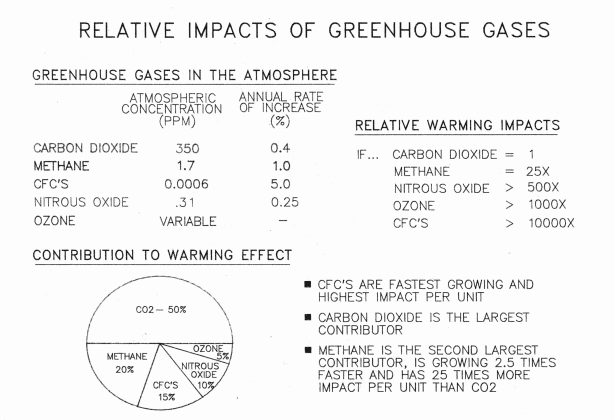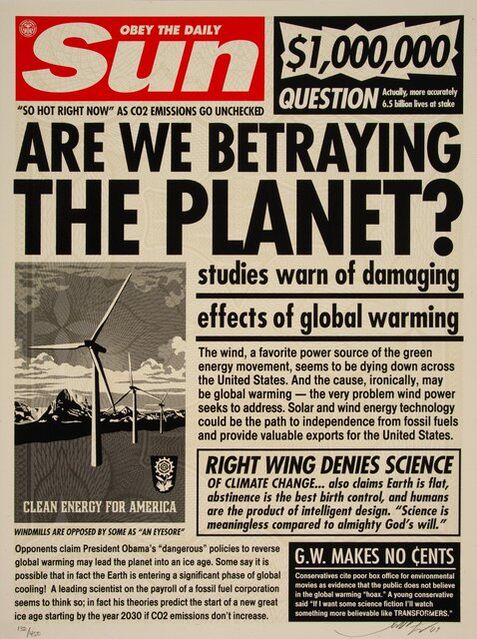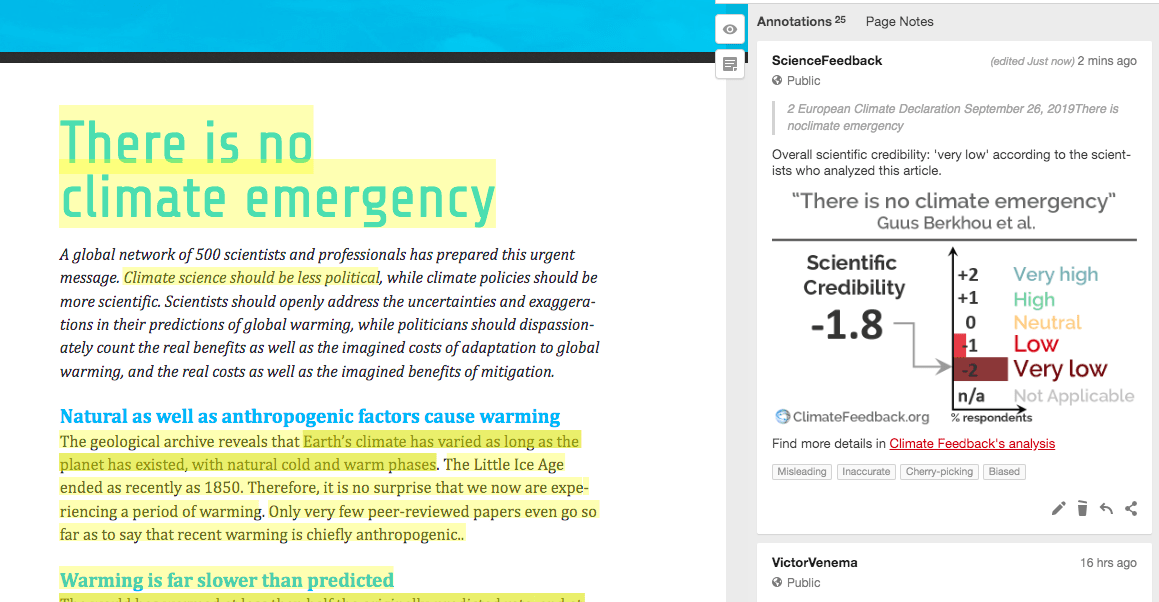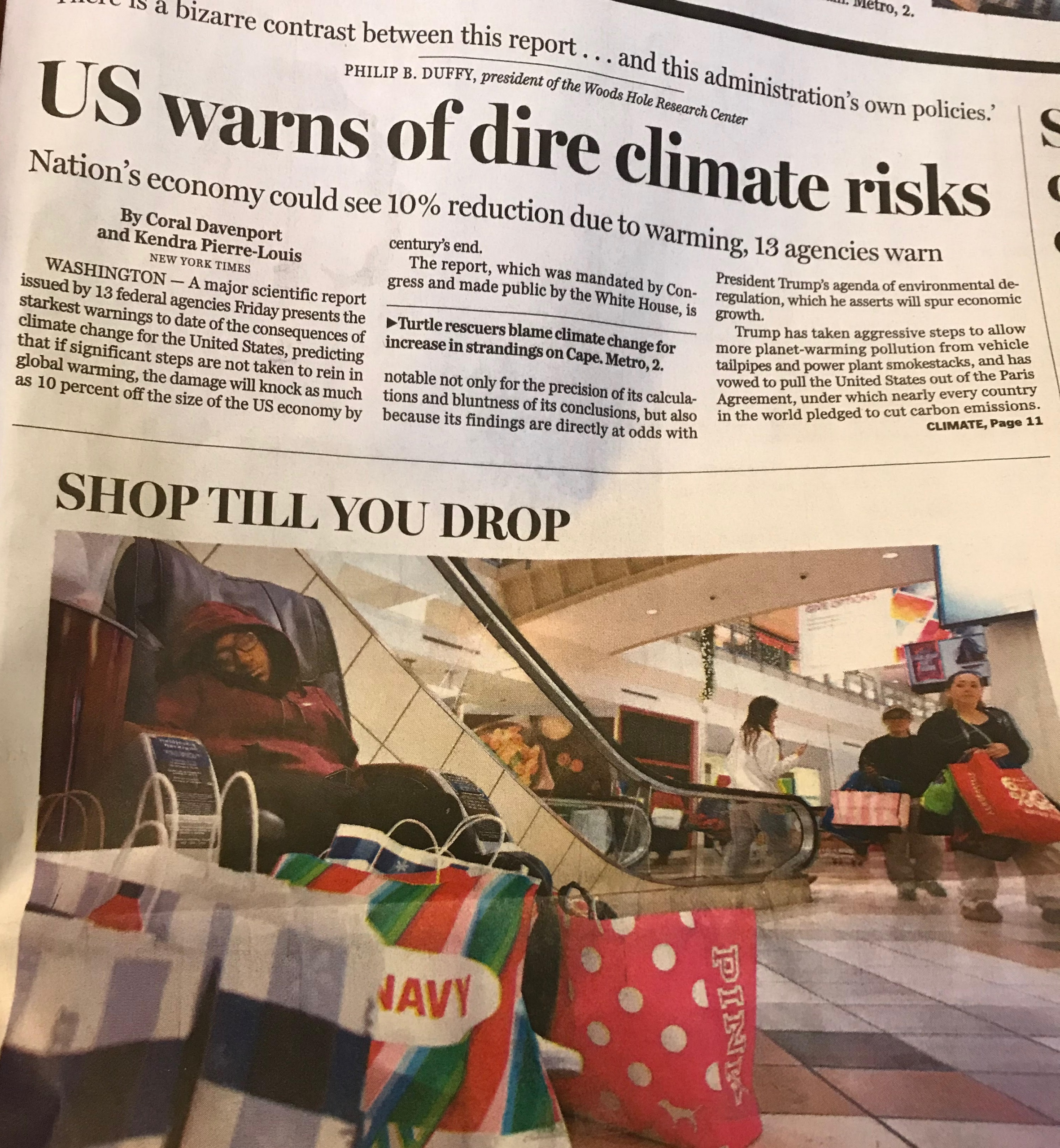The warming papers refer to a group of scientific papers published over the past few decades that discuss the phenomenon of global warming and climate change. These papers provide evidence for the existence and causes of global warming, as well as its impacts on the earth's ecosystems and human society.
One of the most well-known warming papers is the Intergovernmental Panel on Climate Change's (IPCC) Fifth Assessment Report, published in 2013. This report synthesizes the latest scientific research on climate change and presents a comprehensive overview of the current state of knowledge on the topic. The report concludes that there is a high degree of confidence that human activity, such as the burning of fossil fuels and deforestation, is the main cause of global warming. It also finds that global warming is likely to lead to a range of negative impacts on the earth's ecosystems and human society, including more frequent and severe heatwaves, droughts, and extreme weather events, as well as rising sea levels and the loss of biodiversity.
Other notable warming papers include the 2018 special report on the impacts of global warming of 1.5 degrees Celsius, published by the IPCC. This report discusses the potential impacts of global warming at different levels of warming and finds that limiting global warming to 1.5 degrees Celsius could significantly reduce the negative impacts of climate change. The report also emphasizes the urgent need for drastic and immediate action to reduce greenhouse gas emissions and mitigate the effects of global warming.
Another significant warming paper is the United States Global Change Research Program's Fourth National Climate Assessment, published in 2018. This report assesses the current and future impacts of climate change on the United States and finds that global warming is already causing a range of negative impacts, including more frequent heatwaves, extreme weather events, and sea level rise. The report also discusses the potential future impacts of global warming, including the loss of biodiversity, negative impacts on human health, and economic disruption.
The warming papers provide a clear and compelling body of evidence that global warming is a real and urgent problem that requires immediate action. They demonstrate that human activity is the main cause of global warming and that it is likely to have significant negative impacts on the earth's ecosystems and human society. These papers provide a strong foundation for the development of policies and strategies to mitigate the effects of global warming and promote a more sustainable and resilient future.
blog.sigma-systems.com: Customer reviews: The Warming Papers: The Scientific Foundation for the Climate Change Forecast

Neutralization of Fossil Fuel CO 2 by Marine Calcium Carbonate W. Zeebe and François M. Earth's Energy Imbalance: Confirmation and Implications James Hansen, Larissa Nazarenko, Reto Ruedy, Makiko Sato, Josh Willis, Anthony Del Genio, Dorothy Koch, Andrew Lacis, Ken Lo, Surabi Menon, Tica Novakov, Judith Perlwitz, Gary Russell, Gavin A. The choice of papers means a range of topics are covered from Referencing seems good, the index is a little short but the contents makes it easy to move round the book and the text is well printed on a decent, waxy feeling paper. James Baker, Bert Bolin, Robert E. Contribution to Stratospheric Cooling to Satellite-Inferred Troposphoric Temperature Trends Qiang Fu, Celeste M. Reprinting them in black-and-white makes the figures impossible to read.
The warming papers (2011 edition)

I needed more facts than found on YouTube and elsewhere online. The Artificial Production of Carbon Dioxide and its Influence on Temperature G. On the Absorption and Radiation of Heat by Gases and Vapours, and on the Physical Connexion of Radiation, Absorption, and Conduction John Tyndall 1861. Walker and James F. The sensitivity of climate to changes in atmospheric CO2 was first estimated about one century ago, and the rise in atmospheric CO2 concentration was discovered half a century ago. The fundamentals of the science underlying the forecast for human-induced climate change were being published and debated long before the issue rose to public prominence in the last few decades. Fourier wrote on the influence of solar radiation on Earth as early as 1808 in matters related to subsurface temperature variations; he wrote, as many of us know now, that CO2 acted as a greenhouse gas in his 1824 paper.
The Warming Papers: The Scientific Foundation for the Climate Change Forecast

Evidence From Polar Ice Cores for the Increase in Atmospheric CO 2 in the Past Two Centuries A Neftel, E. The Warming Papers is a compendium of the classic scientific papers that constitute the foundation of the global warming forecast. Pierrehumbert studies the physics of climate, especially regarding the long-term evolution of the climates of Earth, Mars. Changes of Land Biota and Their Importance for the Carbon Cycle Bert Bolin 1977. Archer and Pierrehumbert provide introductions and commentary which places the papers in their context and provide students with tools to develop and extend their understanding of the subject. Burroughs book title hints at the complexity of the subject and also the difficulties scientists have in quickly dismissing the cherry picked factoids and sound byte length quotes of the deniers whilst engaged with such on mainstream media channels. Jay Zwally, Waleed Abdalati, Tom Herring, Kristine Larson, Jack Saba and Konrad Steffen 2002.







